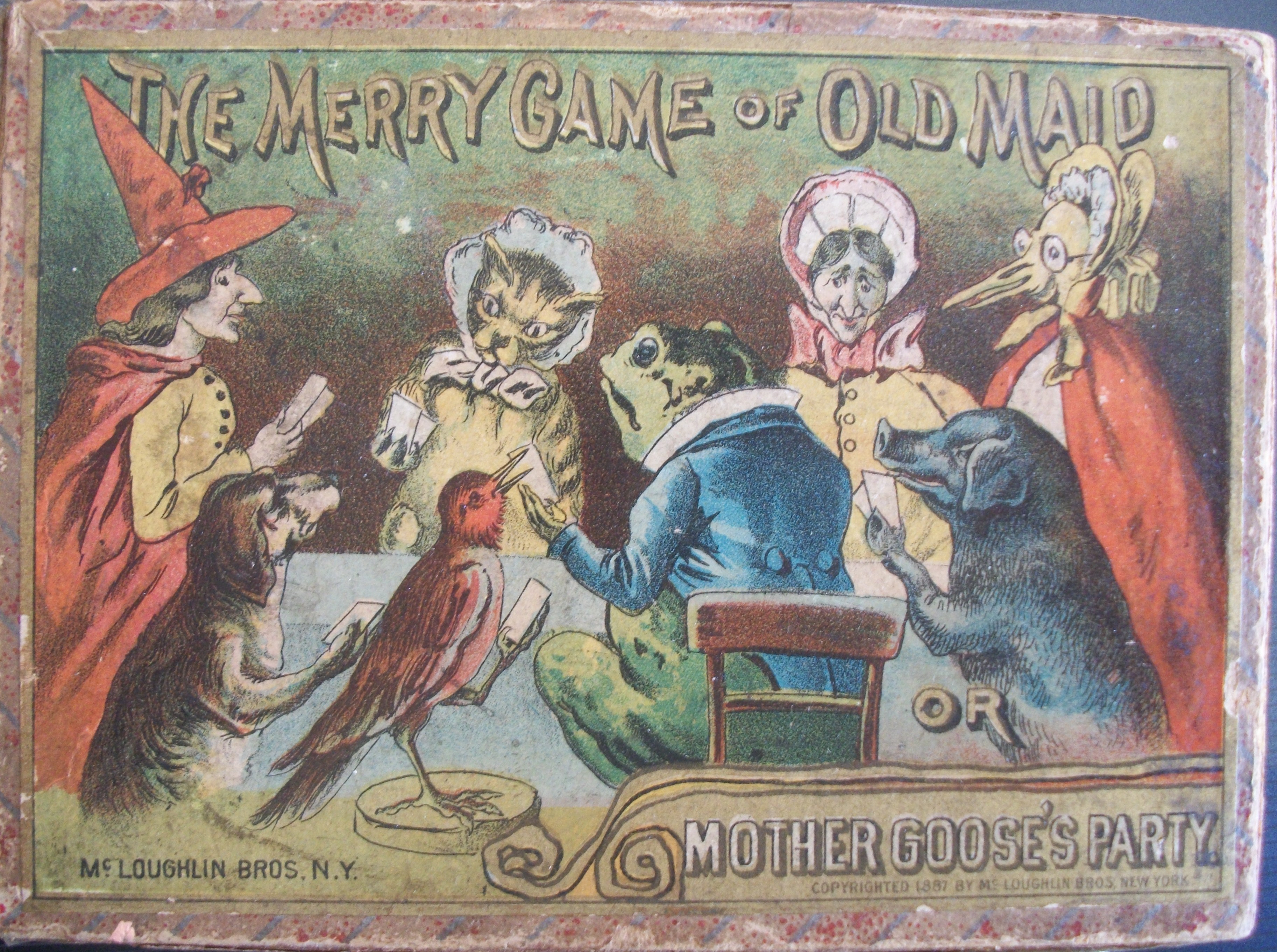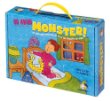Playing any of the following games with preschoolers introduces them to the many benefits games have to offer. They provide an effective and fun way to teach young children on a variety of educational issues. Preschoolers, playing with others, also develop important social skills. For a parent, and seeing the child grow and learn while having fun, playing a game is a rewarding time to spend together.
Choosing which games to play with a preschooler is an important decision, though. There are so many games ‘out there’. For a child to enjoy a game, it must first be age appropriate. A child, who tries to play a more complex game with advanced skills above his level, will become frustrated, and hesitant to play a game again. It is vital the game suits the age, attention span, and interests of a child; thereby making the game an amusing experience and one he can’t wait to do again! The following are such suggestions for preschoolers.
Go Away Monster! (recommended for 1-4 players, ages 3 and up)
Go Away Monster! is a perfect first game for a child. It is extremely simple to play and offers lots of excitement for a preschooler. The goal is to fill a bedroom (the board) with four pictured tiles of items belonging there. Players reach inside a grab bag and pull out a tile. Some of the tiles will display an image of a ‘Monster’! If a player pulls out one of these adorable (not scary) monsters, he says, “Go Away Monster!”, puts the monster tile to the side, and play passes to the next player. Children learn taking turns, recognition and matching skills, all while having fun!
Sneaky Snacky Squirrel game (recommended for 2-4 players, ages 3 and up)
Children love to help animals, and so in the Sneaky Snacky Squirrel game, children are excited to help gather acorns for the squirrels to eat during the winter. The object of the game is to fill a stump with matching colored acorns while using ‘Squirrel Squeezers’. The appealing theme and goal easily teaches fine motor skills, colors, and counting. Children have a blast picking-up acorns!
Max (recommended for 1-4 players, ages 3 and up)
Max is another game with an appealing theme. Players all work together to help three animals (a bird, chipmunk, and mouse) move safely across the board; before Max, the tomcat, gets them. The cooperative method of play is a wonderful first stepping stone into games; as it allows parents to help children strategize, plan, and make tough decisions. Children learn valuable game skills without the fear of failing alone. Understanding it is not whether a player wins or loses, but the enjoyment found while playing can be taught with this game.
Candy Land (recommended for ages 3 and up)
Candy Land is a classic preschool board game. First published in 1949, the game continues to provide fun and adventure for young children. Who wouldn’t love traveling through a wonderful land of candy? Choosing colored cards and moving to the matching space on the board, young children learn their colors and the basic lessons of playing a game.
Count Your Chickens (recommended for 2-4 players, ages 3 and up)
In the game Count Your Chickens, baby chicks have been scattered across the barnyard and it is up to the players to return them all safely back to the coop. Taking turns spinning the spinner, players are able to help Mother Hen gather up her lost chicks. But, watch out for Fox! He could cause trouble if a player spins him. The exciting barnyard theme captures a child’s attention and offers an amusing learning experience for all.
Richard Scarry’s Busytown: Eye found it! (recommended for 2-4 players , ages 3 and up)
The large 6 foot game board excites little players immediately! Filled with Richard Scarry’s Busytown characters and items, the game brings this entertaining world right to the player’s floor and grasp. The object of the game is to reach the other end of the board (Picnic Island), by working together, before the pigs eat all the food! Searching out hidden items on the game board moves the player’s pieces. Children love this aspect of hunting for the many things in Busytown and saying ‘I found it!’
Hi Ho Cherry-o (recommended for 2-4 players, ages 3 and up)
Teaching a child to count is one of the many benefits to playing this game. Spinning the arrow to indicate the amount of cherries to take off or put back on the tree, a player quickly learns the basics of counting. The ease of learning, fun found playing, and quickness of the game, continues to place this game in everyone’s game closet. Hi Ho Cherry-o has been a favorite game since first being published in 1960.
Very Hungry Caterpillar Match and Munch Game (recommended for 2-4 players, ages 3 and up)
Eric Carle is known for his charming books and characters. Bringing these adoring characters to action through a game adds to the fun of learning. In the Very Hungry Caterpillar Match and Munch game, players need to match food to feed the lovable Hungry Caterpillar and collect butterfly chips in order to win. Early learning skills are easily taught while sharing in the imagination of Eric Carle.
Memory (recommended for ages 4 and up)
Memory challenges preschoolers just enough to give an important sense of achievement. When a child successfully makes a match from the Memory faced down tiles, his confidence and sense of accomplishment fills him with a happiness and desire to find another! This successful feeling is part of the pleasure found while playing the game. Developing essential skills used for continued learning, Memory makes a great game to get out of the game closet and play.
Zingo! (recommended for 2-8 players, ages 4 and up)
“Zingo is Bingo with a Zing!” These words, found on the box of Zingo, describe the game well. Each player receives a 3×3 gridded card displaying various images. By the fast and furious matching of tiles taken from the Zingo Zinger, players attempt to be the first player to fill their Zingo cards. Teaching recognition, matching, and swiftness of play, Zingo is a blast for both children and adults.
Playing the above games with a preschooler provides valuable and memorable experiences for all involved. Games are timeless activities which benefit both parent and child. Enjoy one today!
Please feel free to Follow/Like All About Fun and Games for continuing ideas and information on Fun and Games!







What an awesome ideas for kids. My child loves playing memory! she is so good on this.
I will try this game with my kids 😉